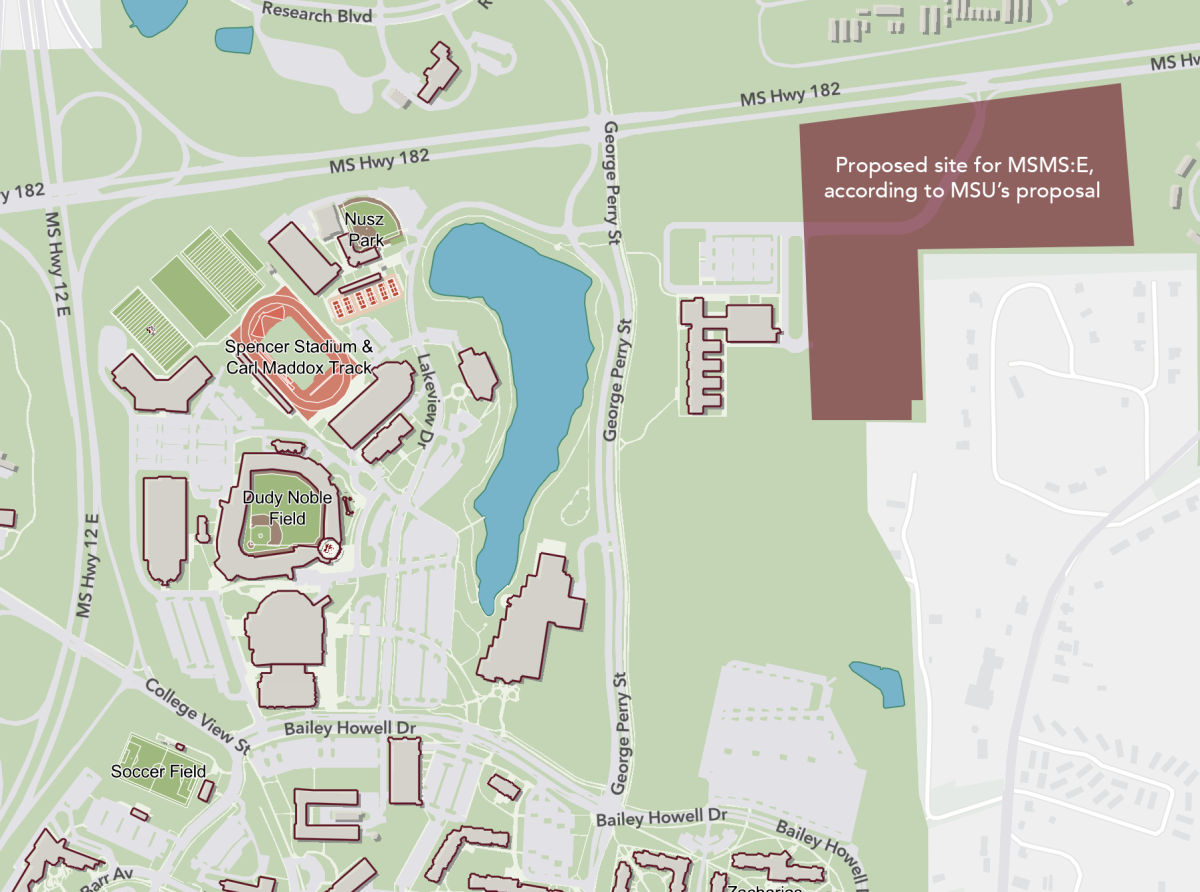Jeanne Tate was born with sickle cell anemia, and medical cannabis may be her pain medicine solution.
Sickle cell anemia is a blood disease that affects red blood cells and causes intense pain that can last for a short amount of time for some people but causes others to live in chronic pain.
Tate is the chairperson of the Mississippi Sickle Cell Foundation. She said the group is part of the Medical Cannabis Alliance because sickle cell anemia patients can benefit from medical marijuana.
According to Tate, sickle cell anemia patients in Mississippi currently have two options for pain management: take opioid pain pills or visit the hospital to receive medicine through an IV.
When sickle cell patients have “pain crises,” Tate said, they must visit the emergency room and see a doctor. Wait times are long, and Tate says medical marijuana could be a solution to skipping the emergency room.
“I think this will be a great alternative for patients living with sickle cell anemia in the state of Mississippi to have an alternative pain method,” Tate said.
Tate said she is thankful for the support medical marijuana has received and wants people to understand why the program is beneficial to people like her.
“The one thing that I can tell people is that if you don’t have a medical condition that you have to have pain meds for and you’re in pain, then put yourselves in someone’s shoes that really suffers from some type of pain each and every day,” Tate said.
About 3,000 Mississippians have sickle cell anemia, one of the more than 20 qualifying conditions one must have to partake in the medical cannabis program.
After the Mississippi Supreme Court struck down Initiative 65, which over 70% of Mississippians voted for, it seemed like medical marijuana in the state was at a standstill.
In September 2021, legislators started drafting a medical marijuana bill for Mississippi that could have been signed at a special legislative session in October. Governor Tate Reeves did not agree to have a special session, so the legislators had to wait to vote on the issue until the 2022 session.
The Mississippi Senate passed medical marijuana bill SB 2095 in January and then the bill moved to the House of Representatives. The House decided to lower the amount of cannabis a patient may receive in a month from 3.5 ounces to three ounces. After that, the Senate agreed on the bill, voted yes and sent the bill to Gov. Reeves’s office.
Finally, on Feb. 2, Reeves signed the Mississippi Medical Cannabis Act. Mississippians, like Tate, were overjoyed and relieved that they can have an alternative pain medicine.
“We’ve waited two years, but we’re almost at the finish line of this happening,” Tate said.
After Feb. 2, the Mississippi State Department of Health has 120 days to begin collecting applications, registering and licensing ID cards and practitioners. Then after 150 days, the Department of Revenue will register dispensaries who have submitted applications within 30 days.
Medical marijuana is now a reality in Mississippi, something that over 70% of voters wanted in 2020.
“I think the people understand why this is important, why this is needed,” Tate said.
District 43 Representative Rob Roberson said the Medical Cannabis Act got his vote because of the voters’ overwhelming support and because of the research behind using marijuana for certain conditions.
“The research is out there on some of these things that show that there are some benefits for people,” Roberson said. “I’ve heard that there may be benefits for pain management, things like that. I hope there is.”
Like Roberson, Mississippi Senator Bart Williams said his district’s majority approval of medical marijuana led him to vote yes.
“I was hired by those people to do a job and that spoke directly to it,” Williams said.
Williams said he believes in the positive results the Medical Cannabis Act will give to patients.
“This is very good for the people it’s targeted to benefit,” Williams said.
Along with benefits to patients who need medical cannabis, Roberson said he believes new dispensary businesses coming into the state will create jobs and will benefit the state economically.
“There’s also talk of manufacturing jobs coming (to Starkville),” Roberson said.
Williams agreed with the economic benefits of medical marijuana and said he has talked to several growing dispensaries who want to come to the state. The state senator said he thinks about 200 jobs will come into District 15, which includes Oktibbeha County.
Some cities may choose to opt of the medical cannabis program, and Williams said he liked that choice was available to the population who did not vote for medical marijuana.
Williams and Tate explained misconceptions about marijuana in Mississippi, but both emphasized that the state is not legalizing recreational marijuana.
“I think a lot of people are hearing marijuana and thinking that it’s going to be a bad thing,” Tate said, “but we’re looking at it at a place of medical marijuana and it comes in different forms.”
For patients like Tate, pain relief may only be a short few months away when medical cannabis is fully available later this year.
“I truly believe that (medical marijuana) will be a big help for patients,” Tate said.
Since medical cannabis is now legal in MS, stores like Hemp World in Starkville may begin selling marijuana by the end of the year.
















